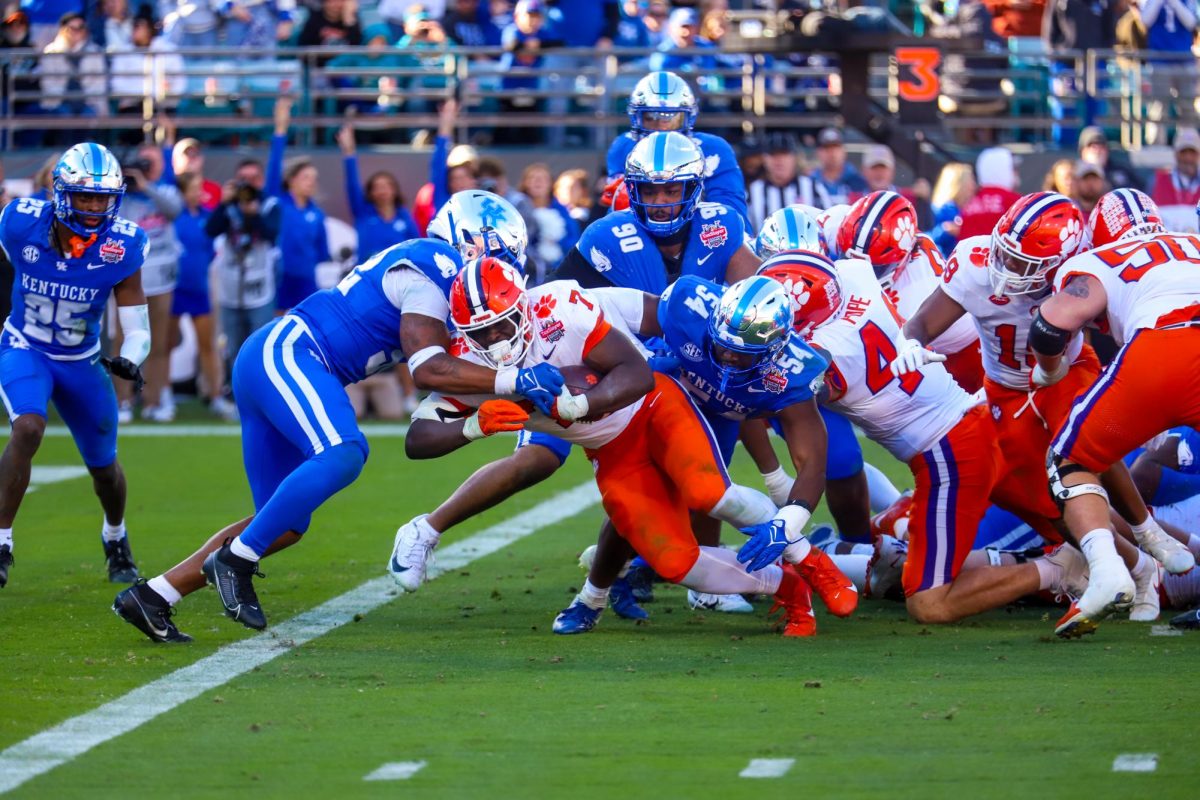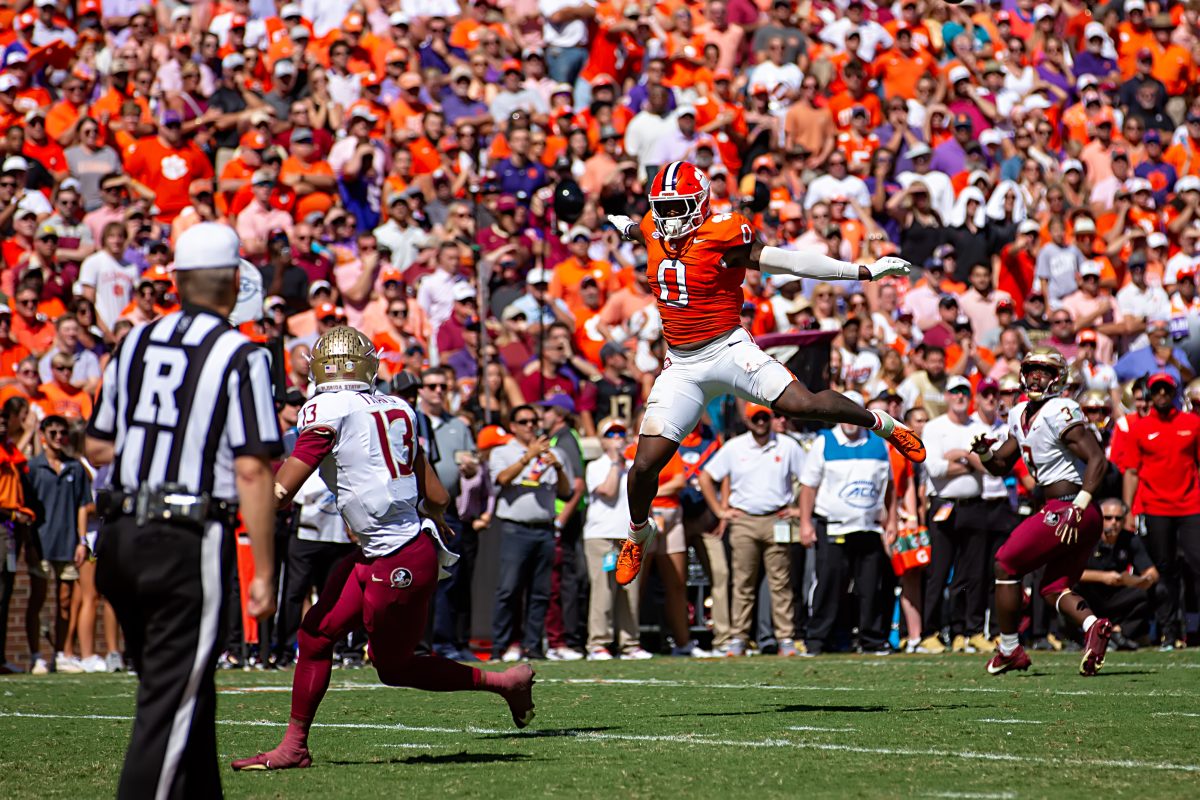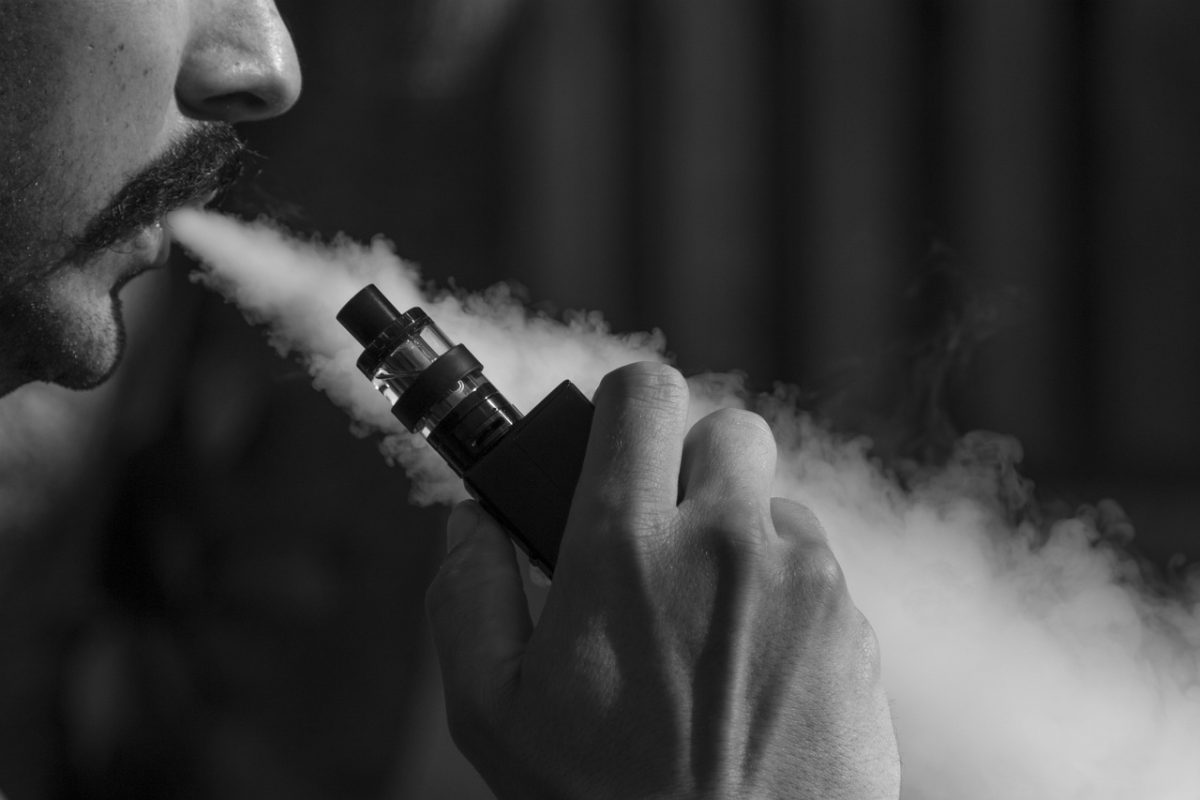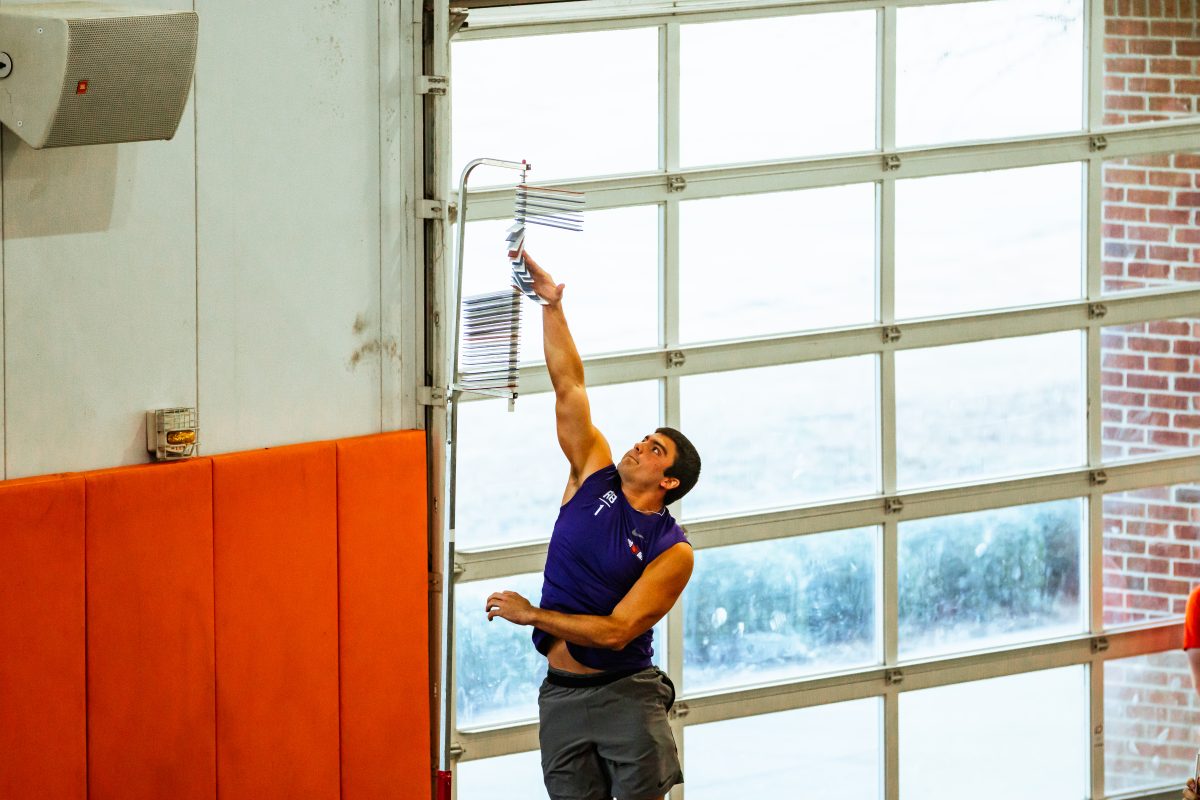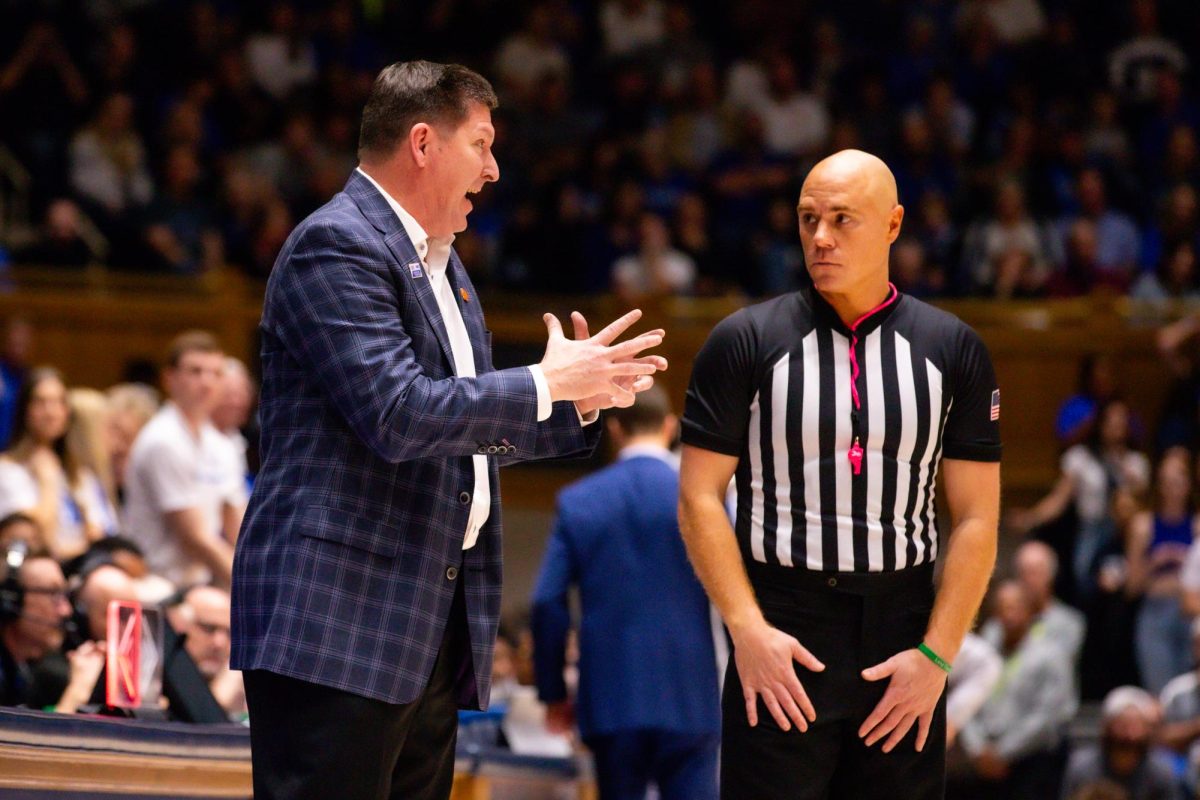Bernie Sanders shocked the Democratic Party last week with his dominant victory over Hillary Clinton in New Hampshire. Sanders took home more than 60 percent of the primary vote, compared to Clinton’s 38 percent.
In the end, however, the two candidates evenly split the state with 32 delegates.
Divvying votes according to the Democratic Party can be a confusing process.
The first sixteen delegates are considered ‘district-level’ delegates and vote for a candidate based on how their district voted — nine for Sanders and seven for Clinton. Then those 16 district level delegates will elect five ‘at large’ delegates, split according to how the state as a whole voted — so three for Sanders and two for Clinton. The 16 district-level delegates also vote for three ‘party official’ delegates; because Sanders has the majority, it is fair to assume all three will be Sanders supporters. This brings the count to 15 for Sanders and nine for Clinton, for a total of 24. The remaining eight delegates are
considered ‘Superdelegates’.
Superdelegates are generally high-ranking officials in the Democratic party that are free to vote for the candidate they think will best support the goals of the Democratic party.
There are 712 superdelegates in total for this primary, and they make up around 15 percent of the party’s approximately 4,700 total delegates. Two superdelegates have yet to announce who they support, but the other six have all come out in favor of Clinton, bringing New Hampshire’s delegate split
to 15-15.
Superdelegates are a result of the 1980 Democratic convention where Ted Kennedy ran against sitting President Jimmy Carter for the Democratic nomination. Carter went on to win the popular vote only to lose decisively to Ronald Reagan. The Democratic Party felt that they wanted to return power to the discretion of the
organized party.
The Democratic Party is a private organization and not a public institution, so all of these convoluted rules for determining the distribution of the delegates are legal.
As a private organization, they want to support their own interests and put up a candidate they believe will win. In the eyes of the superdelegates, Bernie Sanders is far from a sure thing in the general election, and they aim to keep a Democrat in the White House. This is very similar to the 1980 election where they believed Ted Kennedy had a better shot than incumbent Carter.
This election could also have massive ramifications for the party as a whole. If Bernie Sanders wins, this could change the way the American public views the party. Electing a populist and self-declared socialist could take the party away from the recent moderate view they have had and toward a more extreme position.
Primaries have a tendency to choose extreme politicians, with all of only one party voting moderates tend to be weeded out. Superdelegates are supposed to be a safeguard against such extreme delegates and choose a much more electable candidate.
If the Republican Party had a similar system, the GOP nomination would look completely different than it does now — keeping a candidate like Trump out and providing more clarity in regards to the race for who the establishment candidate is.
Another benefit to the superdelegate system comes from the way they are chosen. Superdelegates include every Democrat elected nationally from a certain state, as well as certain members of the national convention.
This puts an emphasis on more democratic states, meaning a state like Ohio or New Hampshire has precedent over a state like South Carolina that hasn’t voted blue since the party shift in the 1980s.
Superdelegates are a way to protect the Democratic Party’s interests and hopefully provide an electable, somewhat moderate candidate.

